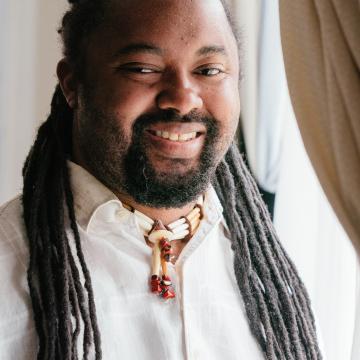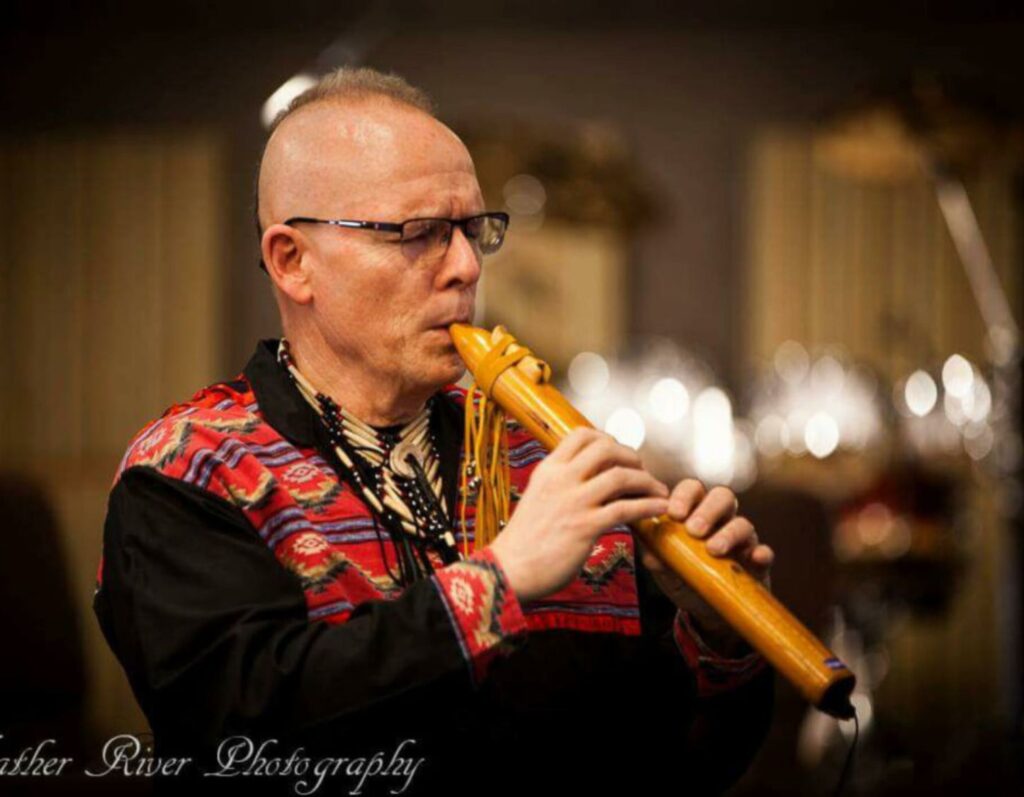Here’s a question I got recently that, while not common, is important. I am not an expert on the topic, so I hope my reply will simply be a good next step for anyone asking a similar question:
The Question
Dear Brian,
I have been a church musician for sixty years, having served in multiple Lutheran congregations in Oklahoma and Minnesota. What I keep missing is some generous collection of Christian songs set to texts coming from indigenous American backgrounds. As an Oklahoman by birth, I am quite aware of the abuses of the Christian Church educational programs during the first half of the 20th century. On the other hand, I can only move forward and support diversity as much as possible in this curiously non-divergent world of Lake Superior Lutheranism.
I am writing to ask: is there a useful source of music created by Anishinabe, Lakota, Cherokee, Oneida, traditions, just to mention the few that I’m closest to? All the three dozen or so hymnals I own simply have two or three tunes, and fewer texts, that come from indigenous American backgrounds.
What have you found in your own travels? We Minnesotans live in a state with many Reservations, and about 7% of the population is indigenous. Where can we find more creative music, using acceptable texts, and encouraging participation from the several reservations around Duluth?
Signed,
A Concerned Lutheran
The Answer
Dear Concerned Lutheran,
Jumping back into my inbox fresh off sabbatical, I’m happy to find this conversation waiting on me. Below are a few thoughts and ideas from my experience followed by a list of some folk who you can certainly learn more from than from me.
As you alluded to in your question, the lack of resources/songs from indigenous communities in the U.S. and Canada is no accident and is tied directly to the centuries-long cultural genocides that occurred by both secular government and the church. The lingering effects of those actions are many, but the four that most directly affect congregational song seem to be:
-
- There is currently a lot of disagreement within native communities about whether certain native musics (such as drumming) are appropriate for Christian contexts.
- There are few people left who fluently or even conversationally speak many/most of the native languages, which makes Christian song writers in those communities even more rare than in Europeanized cultures. So, the amount of literature is lower than from many other communities.
- Native church communities are generally more under-resourced and/or disenfranchised making publishing more difficult (this is combined with the tendency toward oral/aural culture of music-making rather than the European style of notation)
- Native church communities are often more remote and/or disconnected from each other geographically which seems to make forming creative groups or any kind of synergy for those groups more difficult and more expensive.
With that being said, here are the resources/sources for indigenous congregational song I’m aware of:
- “Voices” collection – Voices: Native American hymns and worship resources | Hymnary.org
- “Singing The Sacred” collection – Singing the Sacred: musical gifts from Native American communities | Hymnary.org
- The Hymn Society has a book available on “Indigenous Hymnody of Canada” published in the 1980s. We are working on how to provide that resource digitally. If you’d like access to it sooner rather than later, contact office@thehymnsociety.org.
- A variety of theses and dissertations on congregational song can be found here: Theses & Dissertations – The Hymn Society. Just search the page for keywords like “indigenous” and you’ll find at least 30 papers on various topics/communities.
Finally, there are some scholars within the indigenous community who have a much deeper/broader knowledge and connections than I on this topic. Some of those are: Dr. Kenney Wallace (can be found on the faculty page of NAIITS), Cheryl Bear (https://cherylbear.com/), and Jonathan Maracle (https://brokenwalls.com/). A shout-out to Conie Borchardt (http://www.pointsoflightmusic.net/) who is not native but working closely with many communities to “shine a light on voices who are underrepresented and marginalized.”

Dr. Kenney Wallace, African American Choctaw Pawnee

Cheryl Bear, Nadleh Whut’en First Nation

Jonathan Maracle, Mohawk & Scottish from Tyendinaga Territory
—>side note: As I typed those names and thought about their work, it occurred to me that the list above (and many of their colleagues) is a list of prophets and pioneers. They are at the forefront of helping indigenous Christians in North America build a musical and spiritual identity that has previously been unavailable to them because of the way Christianity was tethered to colonialism and cultural genocide. These folks are doing work that is extremely new. It takes time (generations, really) and tons of energy for them to do this work at all times. So, for those of us who want to celebration/share/use resources from their communities, we need to be careful that our eagerness to use their songs and liturgies does not add to the pressure they are already facing from all directions as they dream and create their renewed identity as Indigenous Christians.
I hope you found this reply helpful. Thank you for your advocacy and thoughtfulness as you shepherd your community of faith through song and singing.


